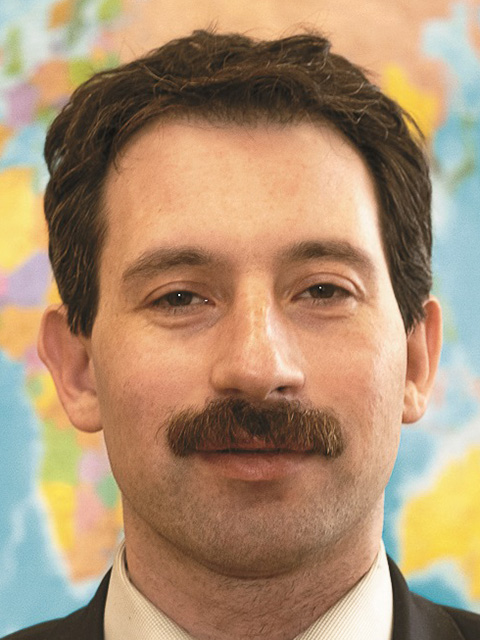The Latest Career Trajectories
Many Russian companies have currently stopped hiring and have frozen a substantial proportion of offers discussed. Businesses need some time for understanding the new tasks facing them and which professionals to engage for resolving them. In addition, companies often do not understand the skills their people will need in the near future.
Yet, against the background of the crises that have hit in the last few years, fewer and fewer people in Russia see any point in going to university. There has been a major transformation of the labour market in recent years and even greater changes are to come. Each year sees new professions emerge at the juncture of several disciplines, supplementing or replacing existing ones. School pupils are seeking more dynamic alternatives to higher education because, although universities do monitor the changes on the labour market, still often lag behind current trends. The country’s higher education is in need of reform to make it more modern, up-to-date and useful for students’ future careers. Those finishing school today (and their parents) have to thin in advance which circumstances and global changes might affect the sphere of interest to them: why is it in demand or, on the contrary, what is hampering its development. Yet “black swans” might, of course, appear – the unpredictable events Nassim Taleb wrote about, but there are things that can be foreseen. For instance, remote and hybrid working were not totally new prior to 2020: the circumstances simply intensified their use. Over the next 3–5 years, the demand for a number of specialists, especially in IT, will go through the roof. But does this apply only to IT? How to choose a niche that is in demand if there is no interest in technologies?
- Is there, in 2022, an alternative to higher education or is this the only true and efficient path to finding a job?
- Can one choose one’s own course and follow one’s own particular trajectory or would it be better to rely on existing proposals?
- Can lifelong learning take the place of a university education?
- How to plan education in a crisis?
- What is the shortest route to the labour market and does it only pass through IT?
- How can those who are studying avoid lagging behind in a world lacking the customary landmarks?
- How to be proactive, not miss changes in professions and gain career advantages?
- How to navigate the mass of information available to find what is interesting and promising?
Speakers
Bella Amkhadova,
Head of the Department of Personnel Policy, Norilsk Nickel
Anton Ivanov,
Director for Research and Development, Kaspersky Lab
Valery Katkalo,
First Vice Rector, HSE
Sergey Mardanov,
Director of University Relations, VK
Dmitry Peskov,
Head of Young Professionals Direction, Agency of Strategic Initiatives; General Director, Platform of the National Technology Initiative; Special Representative of the President of the Russian Federation on Digital and Technological Development
Artem Shadrin,
General Director, National Agency for Qualifications Development
Moderator
Andrey Sikorsky,
Marketing director RBC, Head of RBC Trends








